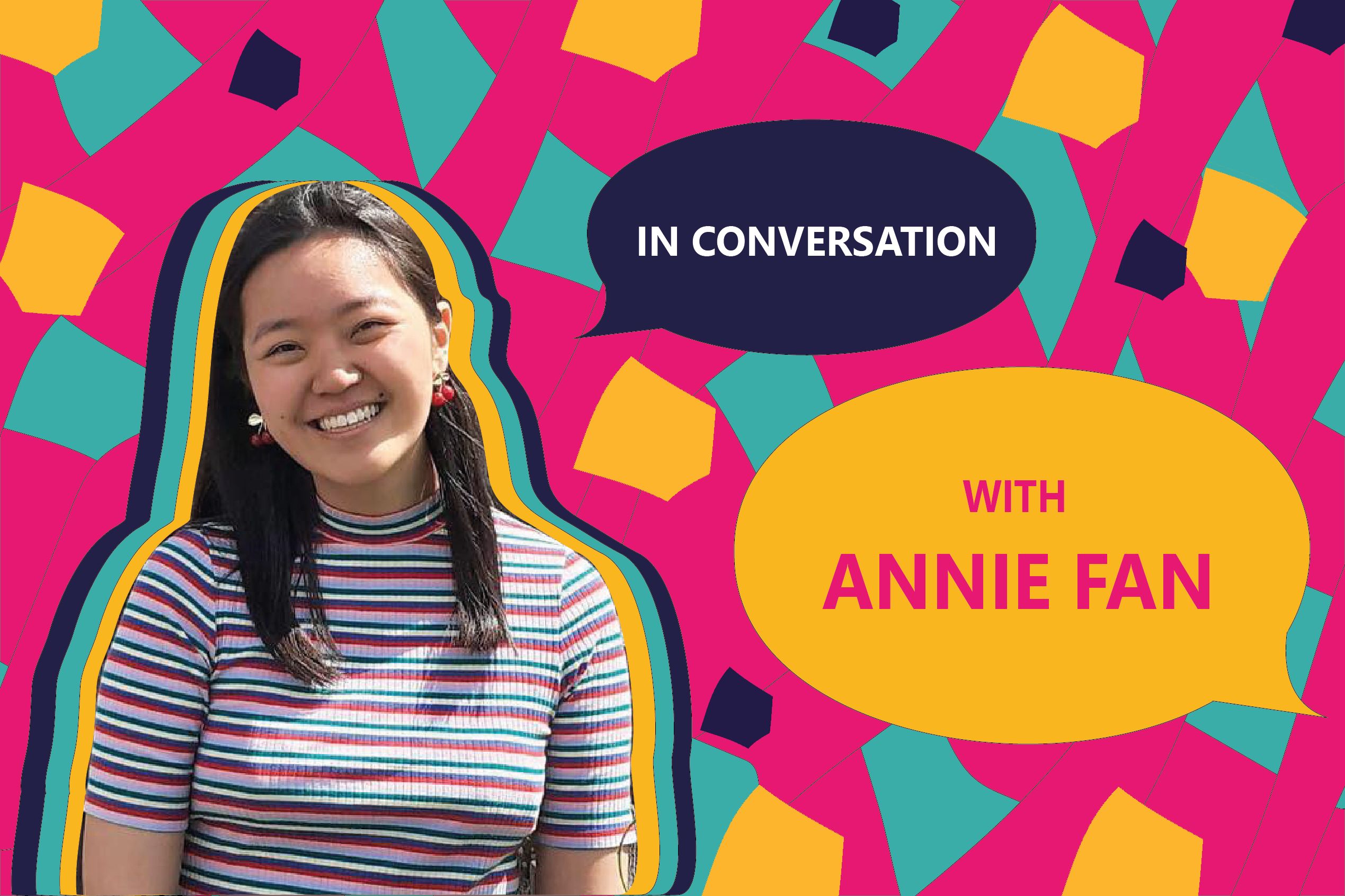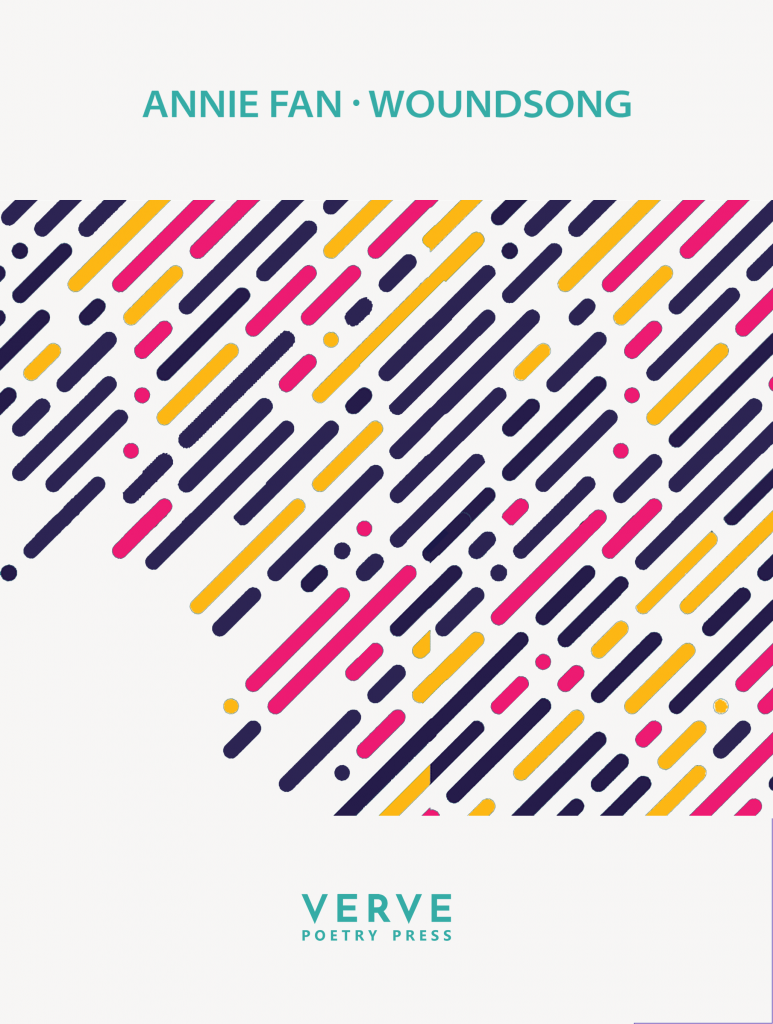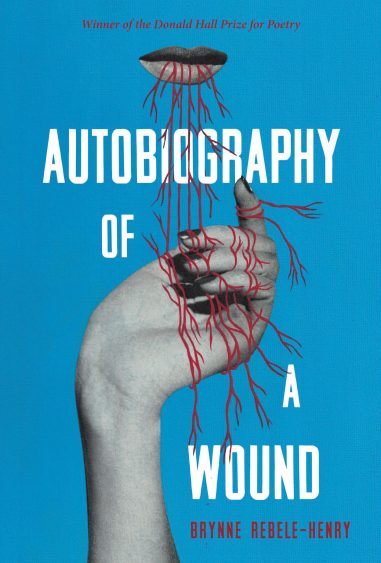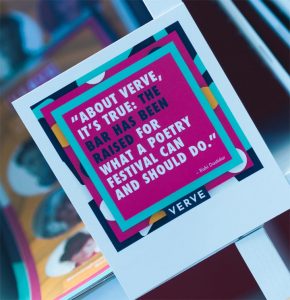
Hello, Annie! How are you doing? Have things calmed down since your pamphlet launch or are you still as busy as ever?
I’m on a bit of a hiatus from academics and work, so have spent the past few months writing and reading – it’s been so great to do something so wholly creative! Currently, I’m part of the London Library’s Emerging Writers Programme, and am also a Ledbury Critic; both are busy schemes, but I’m learning so much, too (and hopefully have a review forthcoming in PN Review!). For a bit of fun, I’m helping a friend write some opera scenes based on the French trouvère tradition, which will then be set to music – very exciting and very, very new work.
Woah! So just a different kind of busy, then. Good for you!
It’s been about half a year since your gorgeous pamphlet Woundsong was published. Could you tell us a bit about how it came about and what it means to you?
I’ve really enjoyed writing about femininities and representations of gender for a long time; I came across the idea of gender as a wounding in a fantastic peer’s work – Brynne Rebele-Henry’s Autobiography of a Wound – and I don’t think I’ve stopped thinking about it!
When I was writing the poems in the pamphlet, I was thinking a lot about the low church Anglicanism that I’d grown up with, and the complexity of Christian religious rituals I came across in Oxford; the female body/form is also subject to so many secular rituals, and I found the connections between those really fascinating. And how they might both relate to growing up, in general. Being feminine, for better or worse, for me, has always been a process of becoming, of growing towards some sort of divine ideal in my head that can never be reached.
Those are some incredibly complicated and delicate subjects – how did you go about writing them for this pamphlet? Did it go as planned?
The poems span a lot of years! The oldest poem is ‘Dreamscape’, which I wrote when I was fifteen – a sort of lurid fever-dream of a poem – and the newest ones were written right before I submitted to Verve. I’ve tried to write this pamphlet a lot of times, but I think it really came together when I stopped trying to force the poems to fit together through editing, and instead wrote poems to add to the existing collection.
Well we’re endlessly glad it turned out the way it did and that we’re the ones who got to publish it!
Speaking of lurid fever dreams… one of the exciting things about this pamphlet is that you’re never quite sure what you’re going to see when you next turn the page – you enjoy playing with form?
It’s really, really good fun! The form of the poems change a fair bit depending on what shape I feel the poem inherently is – I tend to write very quickly on a computer, so it’s a lot easier to be playful with form.
Annie reads and talks a little about her writing process for her poem “How to Invert a Hyperbolic Function”.
Between being part of Barbican Young Poets and the Ledbury Poetry Critics programme as well as being involved with various other poetry organisations/publications, it seems like the poetry community is a big part of your life. Does that feed into your work?
It’s always so great to hear what other people are thinking about, in relation to their own art: what poets they’re reading, what shows or events they’re seeing, and what’s generally on their mind! I love hearing about stuff that has no clear relation to contemporary poetry, in particular; I think it’s when you find the strangest, most arresting ideas.
Finally, are you working on anything new at the moment? Are there any upcoming projects you’d like to plug?
Just a first collection which should appear sometime in the next few decades!
We’ll be over here waitingas patiently as possible!



